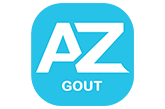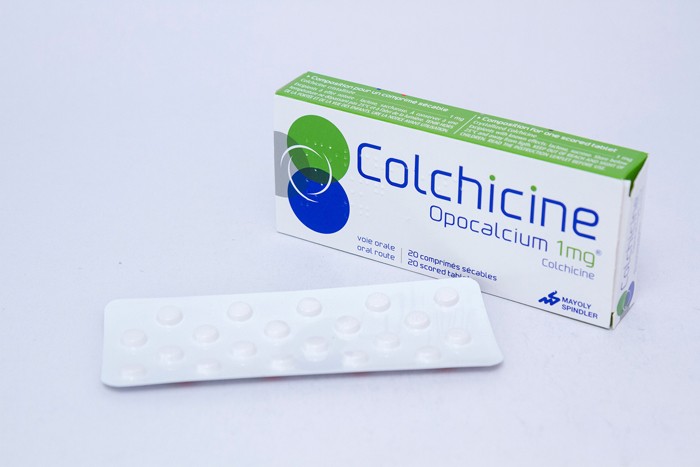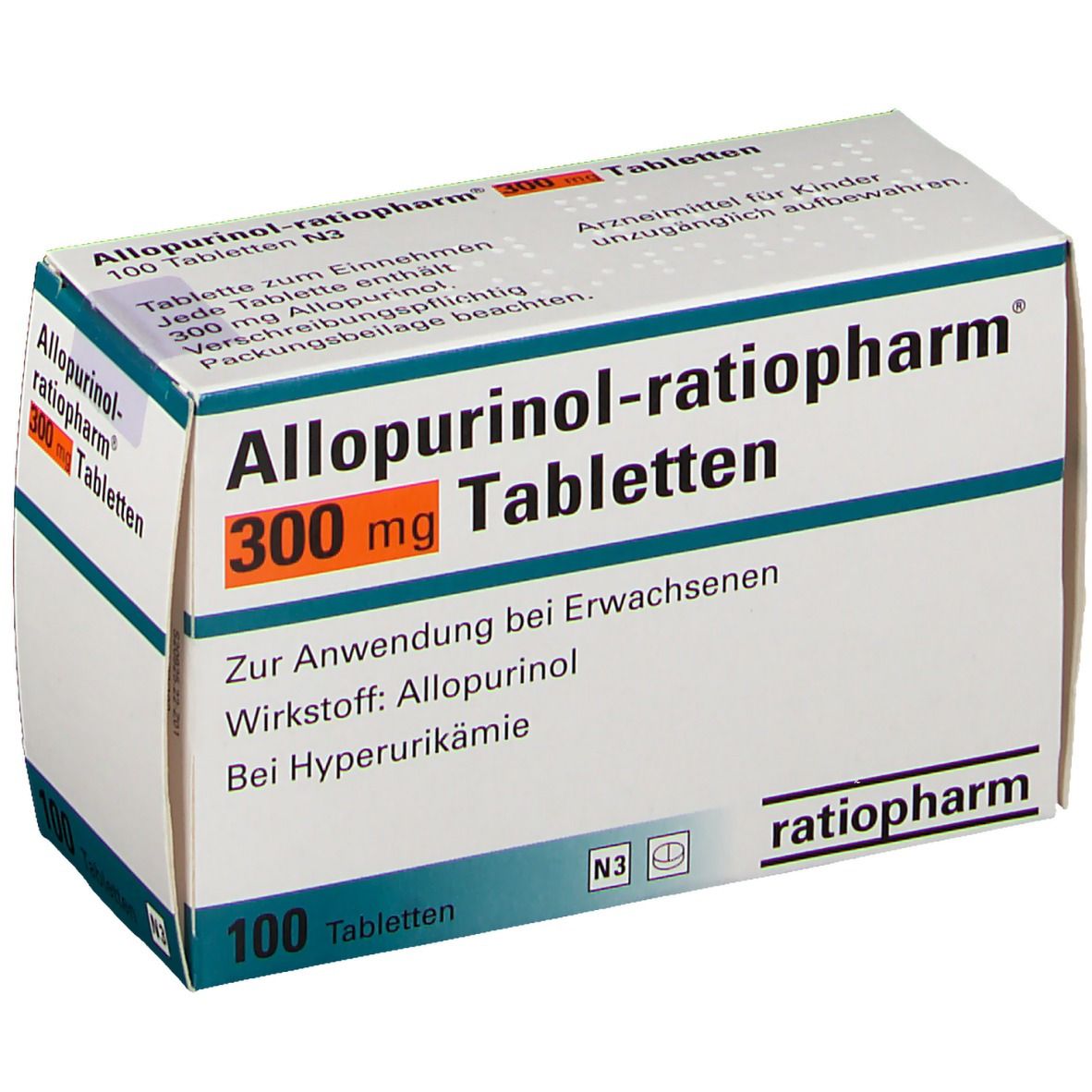
Drinking an adequate amount of water is essential for managing gout
Gout is an inflammatory joint condition that typically begins suddenly, characterized by symptoms of joint swelling, pain, and inflammation. Poor dietary choices can worsen the condition, leading to unforeseen and complex complications. Therefore, in addition to medication adherence, exercise, maintaining a proper diet is essential for achieving the most favorable results in Gout treatment.
How does diet impact Gout? On a daily basis, the body produces uric acid through the metabolism of purines found in various types of food. To effectively manage Gout, it’s vital to address its root cause, which involves reducing purine consumption. While no diet can entirely prevent acute Gout episodes, a healthy and balanced diet can help you better oversee your health. This includes maintaining a healthy weight, establishing and adhering to a nutritious diet, limiting the intake of high-purine foods, and incorporating foods that may assist in controlling uric acid levels.
Gout patients should consider increased water intake, approximately 2-4 liters per day, with a focus on alkaline mineral water or 14% alkaline water. This approach aims to boost urinary output over a 24-hour period, which, in turn, minimizes the accumulation of urate in the urinary tract.

Foods for Gout Patients
A daily dietary regimen is vital for both the treatment and prevention of Gout. Many Gout patients often worry because most commonly consumed foods are high in purines or fructose. However, some foods have very low levels of these substances and can still be included in the diet, including:
- Types of Fish: Fish such as carp and tilapia, and chicken breasts, contain relatively low purines and can be used to provide essential protein, with a recommended daily intake of 50 – 100g of protein per day.
- Starch: Staples like rice, noodles, potatoes, bread, and cereals are necessary for everyone, including Gout patients. Starch contains a safe amount of purines and helps to reduce and dissolve uric acid in urine.
- Green Vegetables and Fruits: Incorporate green leafy vegetables, fruits, cherries, celery, and cabbage into your diet. These fiber-rich foods are encouraged for Gout patients because they may reduce the absorption of protein and consequently the formation of uric acid. Additionally, include alkaline foods like spinach, beets, and squash as they neutralize uric acid in the blood, slowing disease progression.
- Use Plant-Based Oils: Opt for plant-based oils such as olive oil, peanut oil, and sesame oil to reduce fat intake.
- Healthy Cooking Methods: Steam or boil your food and limit the use of fried and oily dishes.
- Low-Purine Dairy: Choose low-fat or non-fat dairy products, such as yogurt and skim milk.
- Supplement with Fresh Fruits and Vegetables: Consume fresh fruits and vegetables, particularly those high in vitamin C, such as strawberries and pineapples, as they effectively reduce inflammation and promote overall well-being.
- Incorporate Nuts, Peanut Butter, and Whole Grains: Add nuts, peanut butter, and whole grains, along with fats, potatoes, rice, bread, and pasta, in moderation to your daily diet.
- Moderate Meat Intake: Include protein from meat like fish, chicken, and red meat in moderate amounts (approximately 100 – 120g per day, depending on individual conditions).
- Stay Hydrated: Ensure you consume an adequate amount of water daily, with an average of 2 – 2.5 liters per day depending on your weight, gender, and age. Supplementing with 500-1000mg of vitamin C per day may also help reduce uric acid.
Although a healthy diet can help control uric acid levels, it is essential for Gout patients to adhere to medication to prevent acute Gout attacks. Gout patients should monitor their weight and adhere to dietary principles with recommended daily nutritional values, specifically:
- Average energy intake of about 30 – 35 kcal/kg body weight/day.
- Protein at 0.8g/kg body weight/day.
- Fat content between 18-25% of energy requirements.
- Salt intake not exceeding 5g/day.
- Water consumption at 40ml/kg body weight/day.
Foods to Avoid for Gout Patients
Consuming foods and beverages high in purines can increase the risk of acute Gout attacks. Therefore, it is advisable for Gout patients to steer clear of the following foods:
- Red Meat, Lamb, and Pork: Avoid red meats such as beef, lamb, and pork as they are rich in purines.
- Organ Meats: Organs like liver, kidney, brain, and sweetbreads should be avoided as they have a high purine content.
- Seafood: Particularly shellfish like shrimp, mussels, crayfish, and anchovies should be avoided.
- Rapid-Growth Vegetables: Steer clear of vegetables that grow rapidly, such as asparagus, spinach, mushrooms, peas, and beans. These vegetables can accelerate uric acid synthesis in the blood.
- High-Fructose Products: Avoid products with high fructose content like soda, some fruit juices, ice cream, candy, and fast food, as they can contribute to increased uric acid levels.
- Alcoholic Beverages: Alcoholic drinks, including beer and wine, can lead to increased uric acid production in the liver and hinder uric acid excretion by the kidneys. It is best to avoid alcohol.
- Sweets and Cookies: Steer clear of desserts like cakes, cookies, and pastries because they are typically low in nutrients and can elevate uric acid levels.
- Certain Medications: Avoid diuretics and corticosteroids, as they can impact uric acid levels.
It is essential for Gout patients to pay close attention to their diet and avoid these foods to manage their condition effectively and reduce the frequency of Gout attacks.
Sample Breakfast Menu for Gout Patients
Breakfast is a crucial meal that Gout patients should never skip. Skipping breakfast can leave you feeling weak and may worsen severe pain. Here are some nutritious and suitable breakfast ideas for individuals with Gout:
Monday – Chicken Soup
Ingredients:
- 300g chicken meat (chicken thighs or chicken breast)
- 1 cup of pearl barley (as a rice substitute)
- Seasonings (salt, pepper, thyme, and rosemary)
- Chopped fresh parsley for garnish
Instructions:
- Cut the chicken meat into bite-sized pieces.
- In a large pot, heat some olive oil over medium heat. Add the chicken pieces and cook until they turn golden brown.
- Add the pearl barley to the pot and stir to combine with the chicken.
- Pour in enough water (or chicken broth) to cover the ingredients and bring it to a boil.
- Reduce the heat to low and let the mixture simmer for about 30-40 minutes, or until the barley is tender.
- Season with salt, pepper, thyme, and rosemary according to your taste.
- Garnish the dish with chopped fresh parsley before serving.
Tuesday – Yogurt with Oatmeal
Ingredients:
- 1 cup of whole-grain oats
- 1 cup of Greek yogurt or regular yogurt
- Fruits such as grapes, strawberries, oranges, or grapefruit
Instructions:
- Add a handful of whole-grain oats directly to the yogurt, then mix in the fruits.
- Consider having a cup of tea or coffee alongside this meal to aid digestion.
Wednesday – Boiled Egg and Sweet Potato
Ingredients:
- 1 sweet potato or regular potato
- 1 medium-sized egg
Instructions:
- Boil the potato and egg for 3-5 minutes, or longer for a softer texture.
- To increase the nutritional value, consider having a glass of milk with this meal.
With this meal, you can enhance it by preparing it with soy milk instead of regular milk for better digestion.
Thursday – Tofu and Mushroom Risotto
Ingredients:
- 2 pieces of young tofu
- 1 cup of Arborio rice (or any short-grain rice suitable for risotto)
- 150g of shiitake mushrooms
- 30g of ground pork or shrimp
- A handful of chives
- 1/2 cup of white wine (optional)
- 4 cups of vegetable or chicken broth
- 2 tablespoons of olive oil
- Grated Parmesan cheese (optional)
- Salt and pepper to taste
Instructions:
- Begin by cleaning the chives and mushrooms. Cut the young tofu into bite-sized pieces.
- Heat the olive oil in a large pan over medium heat. Add the ground pork or shrimp and cook until browned.
- Stir in the Arborio rice and cook for a minute until the rice is lightly toasted.
- If using white wine, pour it into the pan and stir until it’s mostly absorbed.
- Add the shiitake mushrooms and a ladle of broth. Stir frequently and allow the liquid to be absorbed before adding more broth.
- Continue to add the broth gradually and stir until the rice is creamy and tender, which should take about 18-20 minutes.
- In the last few minutes of cooking, add the tofu pieces and chopped chives to the risotto.
- Season with salt and pepper to taste.
- If desired, sprinkle with grated Parmesan cheese before serving.
Friday – Scrambled Eggs with Spinach and Whole-Grain Toast
Ingredients:
- 2 eggs
- Handful of fresh spinach
- Whole-grain toast
- Low-fat cheese (optional)
- Olive oil
Instructions:
- Scramble the eggs in a non-stick pan with a bit of olive oil.
- Add fresh spinach and cook until wilted.
- Serve with whole-grain toast. You can add a sprinkle of low-fat cheese if desired.
Saturday – Greek Yogurt Parfait with Berries and Nuts
Ingredients:
- Greek yogurt
- Fresh berries (strawberries, blueberries, raspberries)
- Chopped nuts (almonds, walnuts)
- Honey (optional)
Instructions:
- Layer Greek yogurt with fresh berries and chopped nuts in a glass.
- Drizzle with honey for added sweetness if desired.
Sunday – Whole Grain Toast with Honey
Ingredients:
- 2 slices of whole-grain bread
- 2 tablespoons of honey
- 1 banana or any other fruit of your choice
Instructions:
- Take two slices of fresh whole-grain bread and put them in a toaster or use a bread toaster.
- Alternatively, you can also use a skillet to toast the bread with a touch of butter, if preferred.
- Once the toast is ready, while it’s still warm, add a drizzle of honey to enhance the sweetness or serve it with various fruits.
- This meal pairs well with a cup of warm milk or yogurt.
This dish will be more delightful when accompanied by a cup of warm milk or yogurt.
These breakfast options aim to provide a balance of nutrition for Gout patients while maintaining a healthy and delicious morning meal. Remember to choose foods that work best for your individual dietary needs and preferences.








